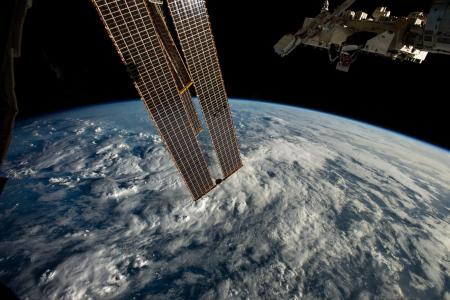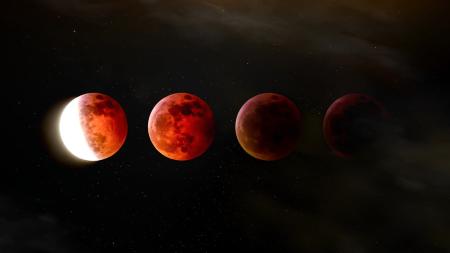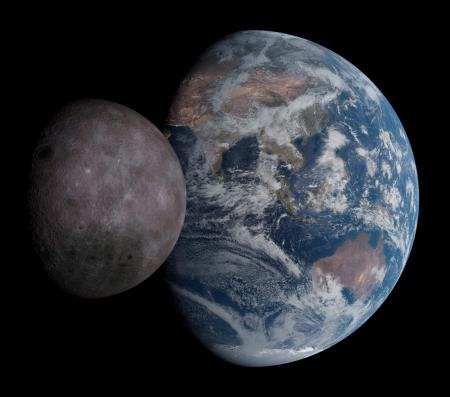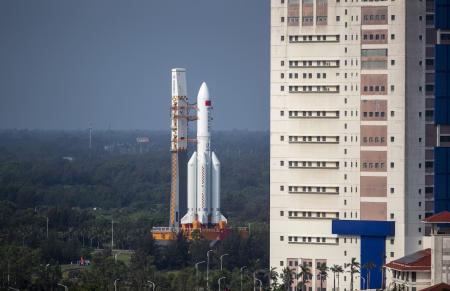Space exploration

Putting a stop to destructive anti-satellite weapons tests
Australia last month became the eighth country to make a binding commitment not to test destructive anti-satellite weapons (ASATs). The announcement was welcomed by the United…

Space, sustainability and security: the intersection of domains
With the global space industry set to potentially grow to in excess of US$1 trillion by 2040, Australia already has ambitious plans to carve out a slice. Until recently,…

Asia’s space race: China leads India on strategy
China and India are historical space nations having invested in space since the 1960s. Both countries have viewed investments in space as part of their national development goals,…

It’s not rocket science, Australia needs a stronger space strategy
Australia’s space activities have always been driven by a mix of defence and civilian interests. But what is needed now is a single strategy to guide the various arms of…

Why did Australia sign the Moon Treaty?
International space law has again become a theatre of geopolitical competition. Unlike the bipolar space race of the Cold War era, a proliferating cast of countries and…

China’s leap into space
China has launched a new space station, the most ambitious project it has ever undertaken in spaceflight. Right now, the station is just a cylindrical module without a crew, but…

Bringing space law into the 21st century
Throughout 2020, a renewed debate has taken hold over international legal frameworks and the governance of outer space. A flurry of outer space activities has ensured this debate…
Pagination

Subscribe to stay up to date
Be the first to receive the Lowy Institute’s latest research, podcasts and information on upcoming events.